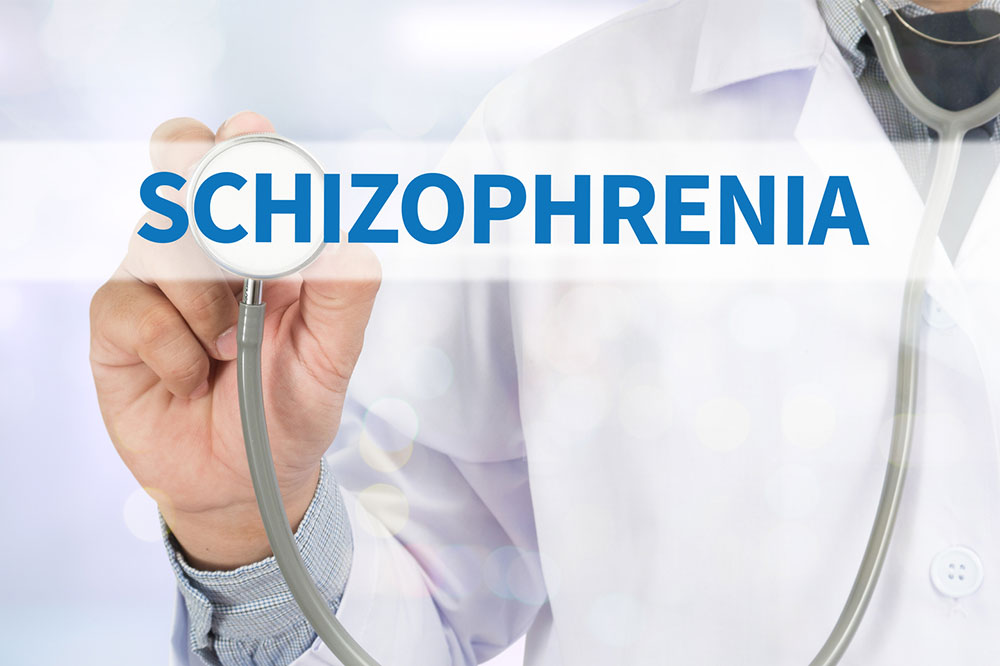Comprehensive Guide to Addiction: Understanding Causes and Paths to Recovery
This comprehensive guide explores addiction, its causes, and effective pathways to recovery. It highlights the importance of personalized treatment approaches, medical and psychological therapies, and ongoing support for lasting sobriety. Understanding addiction as a brain disease helps reduce stigma and encourages individuals to seek help. The article emphasizes early recognition of symptoms, the role of professional treatment centers, and the significance of a strong support network. Recovery is challenging but achievable, offering hope for those struggling with addiction to rebuild their lives healthily and sustainably.

Comprehensive Guide to Addiction: Understanding Causes and Paths to Recovery
addiction refers to a complex and chronic disorder characterized by compulsive engagement in certain behaviors or substances, such as drugs or alcohol, despite clear awareness of the negative consequences. Far from a simple moral failing, addiction is recognized by medical professionals as a brain disease that affects neurological pathways, leading to physical and psychological dependence. This disorder can take many forms, including substance dependence and behavioral addictions, but at its core, it involves an overwhelming urge that is difficult to control or resist, often leading to significant health, social, and personal issues.
Similar to other chronic illnesses like diabetes or hypertension, addiction impacts the normal functioning of the body and can cause severe damage to vital organs if left untreated. The disease develops through a complex interplay of genetic, environmental, and psychological factors. Individuals often turn to substances such as alcohol or illicit drugs as a way to cope with emotional stress, mental health issues like anxiety and depression, or social pressures. This initial self-medication can quickly evolve into dependence, making it increasingly difficult to break free from the cycle without professional help. The influence of curiosity, peer pressure, societal norms, and even family history significantly contributes to the risk of developing addiction, especially among young people. Experimentation with stimulants, steroids, and other substances can rapidly lead to a pattern of compulsive use and addiction.
Although addicts may feel a fleeting sense of control during early use, over time, their bodies and brains adapt, requiring larger amounts of substances to achieve the same effects. This escalation is a hallmark of addiction, often accompanied by impaired self-control, neglect of responsibilities, and adverse health consequences. Recognizing the signs of addiction—such as persistent dependence, inability to stop despite awareness of harm, and withdrawal symptoms—is crucial for early intervention. Addressing addiction involves understanding its multifaceted nature and seeking comprehensive treatment options.
Pathways to Healing
Recovery from addiction is a challenging yet entirely feasible goal. Success depends on a personalized approach that considers individual circumstances, needs, and motivations. A multidisciplinary treatment plan typically includes medical interventions, psychological therapies, and behavioral modifications, all aimed at fostering sustainable recovery. Medical evaluations are essential to determine the appropriate use of medications that can help manage withdrawal symptoms, reduce cravings, or treat co-occurring mental health disorders. Behavioral therapies, such as cognitive-behavioral therapy (CBT), motivational interviewing, and contingency management, support patients in changing detrimental habits and developing healthier coping strategies.
Professional treatment centers specialized in addiction recovery often provide structured programs that combine these approaches, offering a safe and supportive environment for healing. Continuous monitoring and regular assessments help adapt treatment plans to ensure progress. Importantly, the support of family and friends enhances the recovery process. Their understanding and encouragement can significantly influence a patient's motivation and resilience. While relapse is a common part of the recovery journey, it should be viewed as an opportunity for reassessment and renewed commitment rather than a failure. Long-term management involves lifestyle changes, ongoing therapy, and support groups to maintain sobriety and rebuild a balanced, healthy life free from dependence.
Ultimately, overcoming addiction requires patience, perseverance, and a strong support network. With the right approach and resources, individuals can reclaim their lives, reduce the risks associated with substance abuse, and achieve lasting well-being. Education about addiction, increased access to treatment, and societal efforts to destigmatize seeking help are essential for creating a compassionate environment where recovery is possible. Understanding that addiction is a disease—rather than a moral weakness—is the first step toward fostering empathy and effective intervention.





